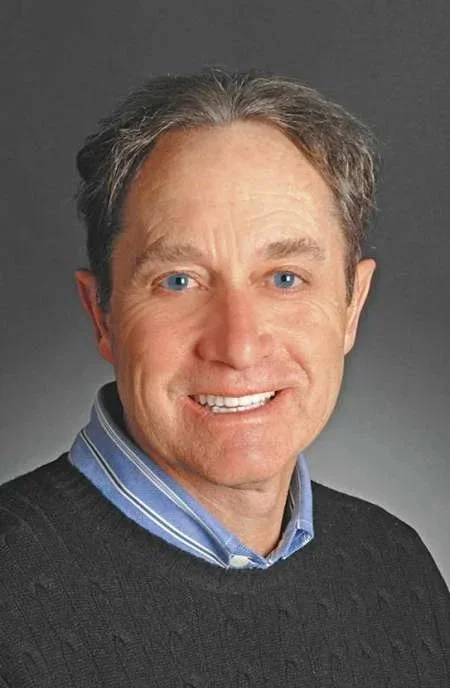Program and Schedule
American Transcendentalism
Dr. Samantha Harvey
Boise State University
Fifty years after “the shot heard ‘round the world” was fired in Concord, Massachusetts, another revolution was born in the same soil: American Transcendentalism. It was one of the first — and certainly one of the most exciting — intellectual, literary, and social movements in America.
In the 1820s and '30s a remarkable group of men and women around Concord instigated what Elizabeth Palmer Peabody called “the newness”: revolutionary ways of thinking about the individual and society, nature and culture, and even our place in the cosmos. They wrote essays and treatises, gave controversial public lectures, and founded conversation clubs, utopian communities, schools and even a lifelong learning university. Collectively they shook the foundation of centuries of tradition and asked us, in Ralph Waldo Emerson’s words “to enjoy an original relation to the universe.”
In this course, we’ll read works by Ralph Waldo Emerson, Margaret Fuller, and Henry David Thoreau. We’ll also visit their houses, Walden Pond, the house where Louisa May Alcott set “Little Women,” the utopian community Fruitlands, and other sites of interest in and around Concord.
The American Revolution and
the Declaration of Independence:
250 Years Later
Dr. David Adler
In this course, we’ll explore the ideas, principles, concerns, and events behind the American Revolution, with an eye to understanding the revolutionary war as an ideological and constitutional struggle between Great Britain and the colonies.
The revolution may be seen as reflecting Americans’ deep worries about the corruption of power and the threat it posed to their liberties — fears that resound in our time. The great intellectual battles that animated the revolution spawned long-term principles and institutions that influenced the framers of the Constitution, as well as the subsequent development of America’s political and constitutional history. Institutions familiar to our citizens, including federalism, judicial review and popular sovereignty, as well as the very definition of what a “constitution” is, were at the center of the revolution.
This course celebrates the singular historic opportunity to explore and analyze the Declaration of Independence on its 250th anniversary. We’ll weave into our discussion the impact of some of the most significant writings, speeches, and statements that shaped the revolution. Readings will include masterpieces of rhetoric from the pens of John and Samuel Adams, Thomas Jefferson, Thomas Paine, Benjamin Franklin and James Otis, as well as scholarly analyses from eminent historians.
Daily Schedule
8:15 am: Breakfast in Alumni Hall
9 am to noon: Two classes
Noon: Lunch in Alumni Hall
Afternoon: Outings and use of special campus facilities
4 pm: Tea
6 pm: Dinner in Alumni Hall



